Optimal Timing for Siding Services
Choosing the optimal time for siding service ensures the best results and longevity of the siding material. Weather conditions, temperature, and humidity levels play a significant role in scheduling siding projects. Proper timing can prevent delays, reduce complications, and enhance the durability of the installation or repair.
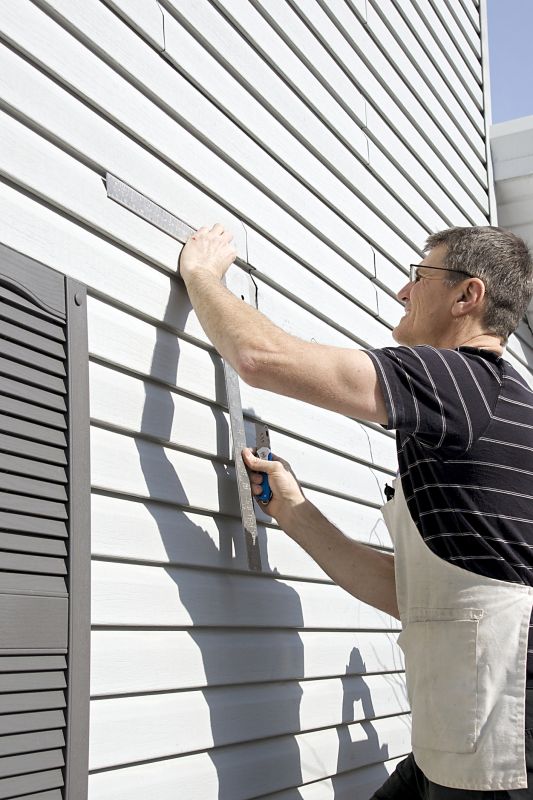
Spring offers moderate temperatures and low humidity, ideal for siding work. It allows ample time for curing and settling before harsher weather.
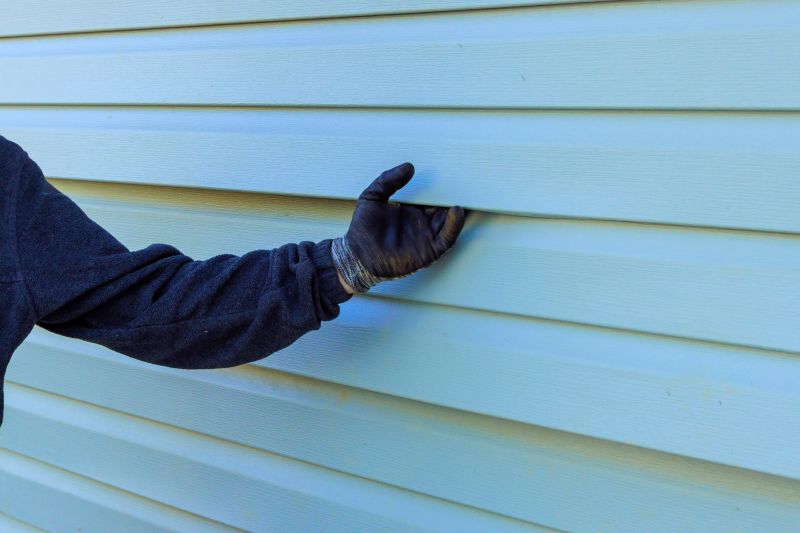
Summer provides long daylight hours and warm weather, suitable for exterior work. However, high temperatures can sometimes cause siding materials to expand or contract.

Fall is a good time for repairs and maintenance before winter. Cooler temperatures help ensure proper adhesion and installation quality.
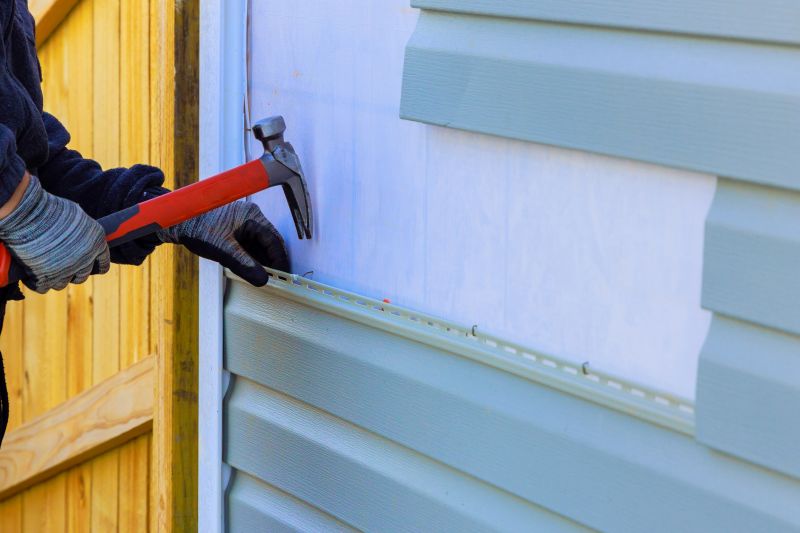
Ways to make Siding Service work in tight or awkward layouts.
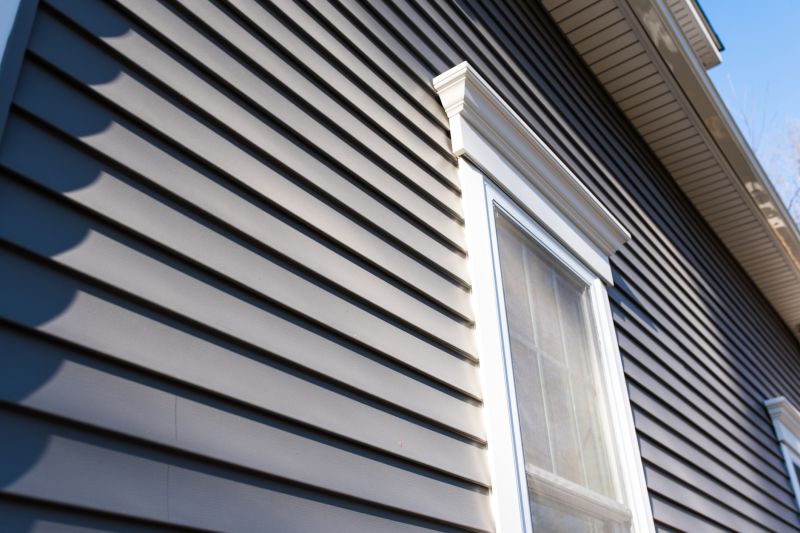
Popular materials for Siding Service and why they hold up over time.
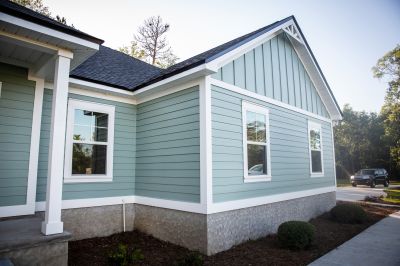
Simple add-ons that improve Siding Service without blowing the budget.
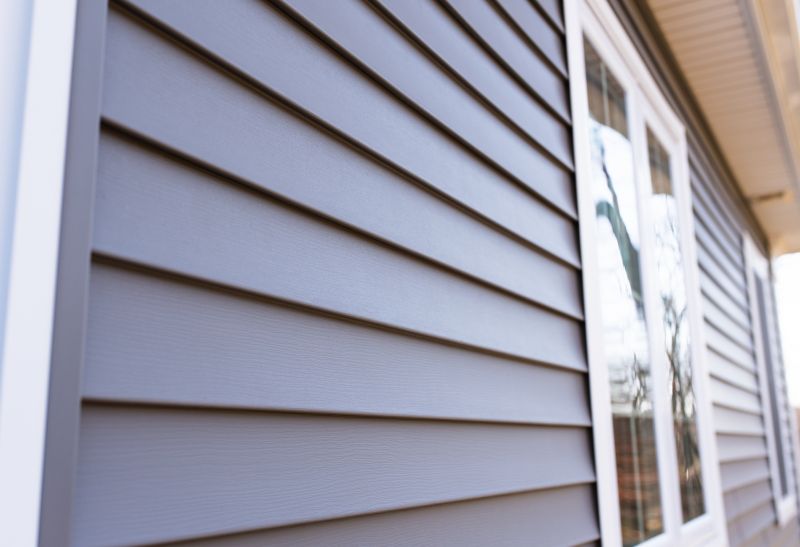
High-end options that actually feel worth it for Siding Service.
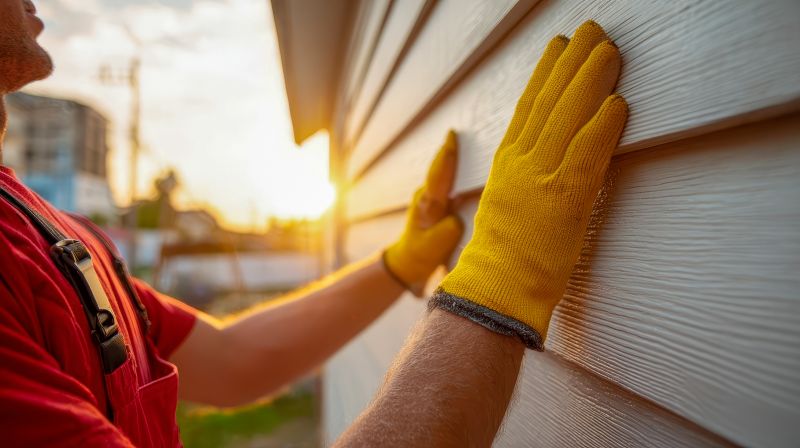
Finishes and colors that play nicely with Siding Service.
Spring is often preferred for siding projects due to mild weather and lower humidity levels, which facilitate better installation conditions.
Winter is generally not ideal for siding work due to freezing temperatures and potential snow, which can hinder installation and curing processes.
Scheduling siding service during late spring or early fall can help avoid extreme weather and ensure quality results.
Extreme heat, cold, or moisture can compromise siding materials and installation quality, making weather considerations essential.
| Season | Best Practices |
|---|---|
| Spring | Ideal for installation; moderate temperatures and low humidity |
| Summer | Suitable for exterior work; avoid peak heat hours |
| Fall | Great for repairs and maintenance; cooler weather |
| Winter | Generally discouraged; freezing temperatures hinder work |
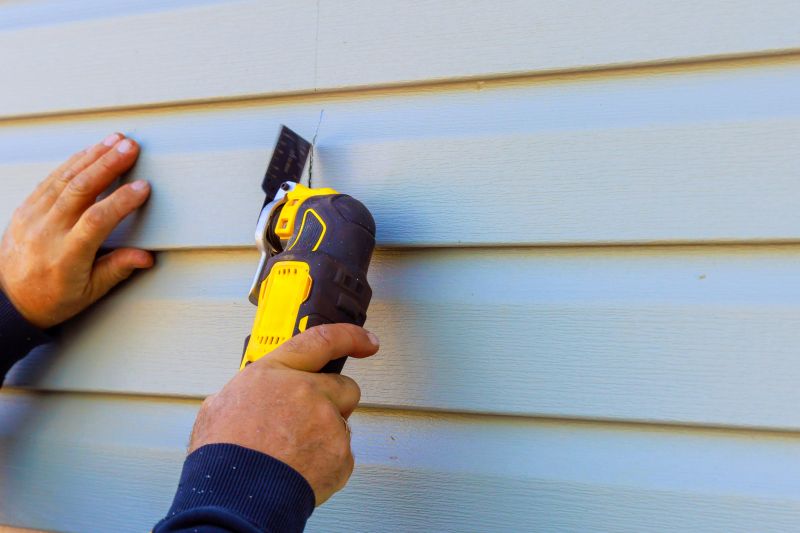
Spring allows for effective repairs before harsher weather arrives, ensuring durability.
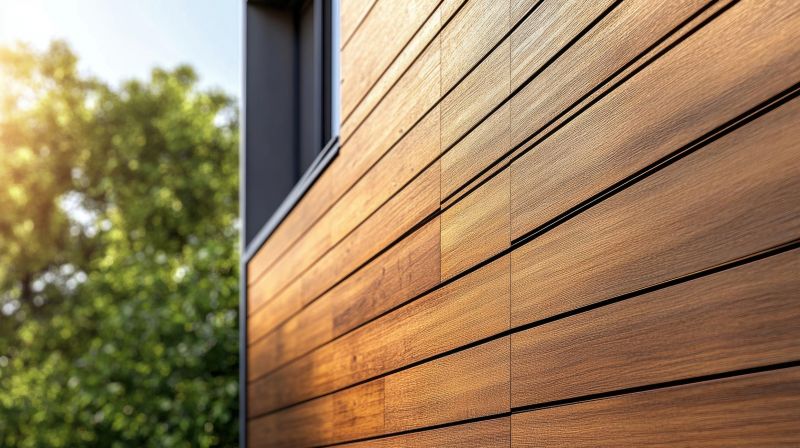
Summer's long days enable efficient exterior siding projects, with careful attention to heat exposure.

Fall is suitable for inspections and repairs to prepare for winter conditions.
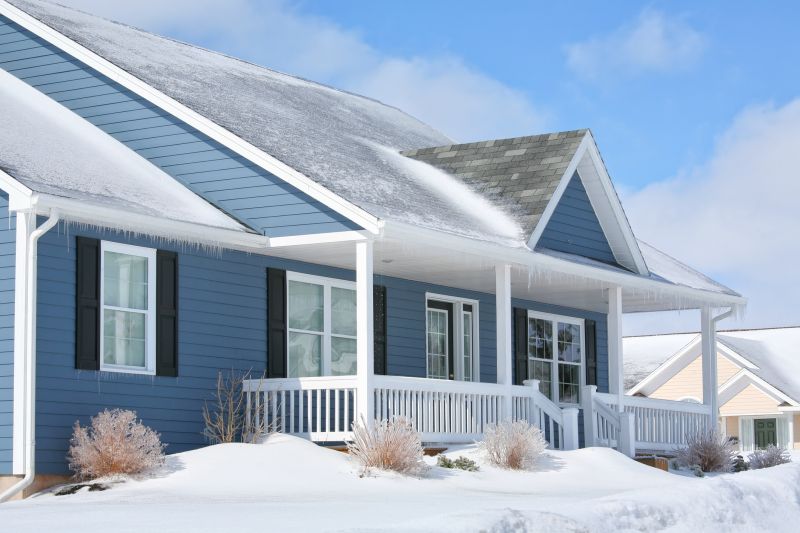
Cold temperatures and snow can delay siding projects and affect material performance.
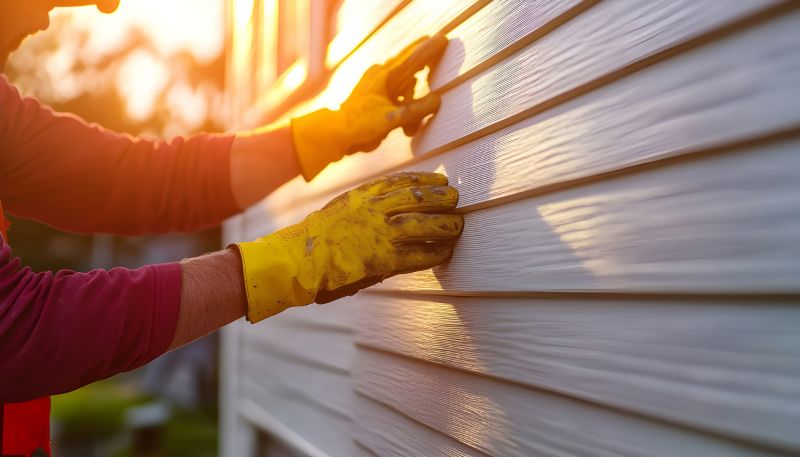
Monitoring local weather forecasts helps in scheduling siding work at the most suitable times.

Little measurements that prevent headaches on Siding Service day.
Timely siding service not only improves the aesthetic appeal of a building but also contributes to energy efficiency and structural integrity. Properly scheduled work minimizes disruptions and ensures that siding materials are installed or repaired under conditions that maximize their lifespan.
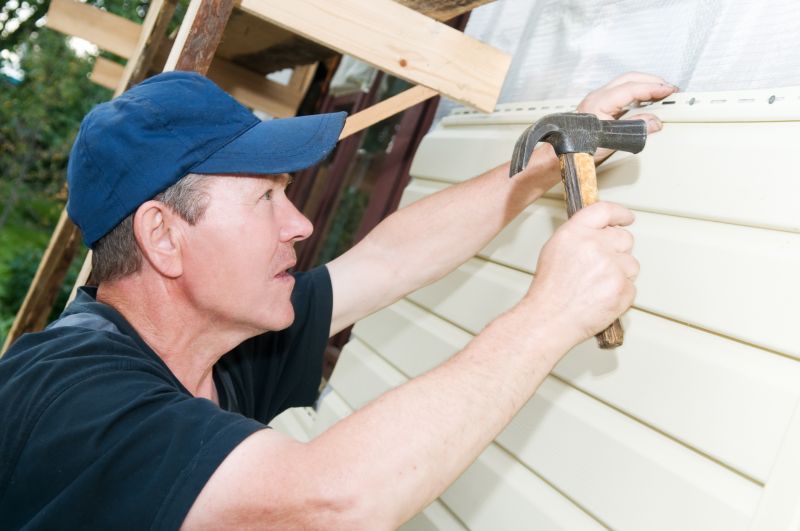
Early planning during favorable seasons can streamline scheduling and execution.
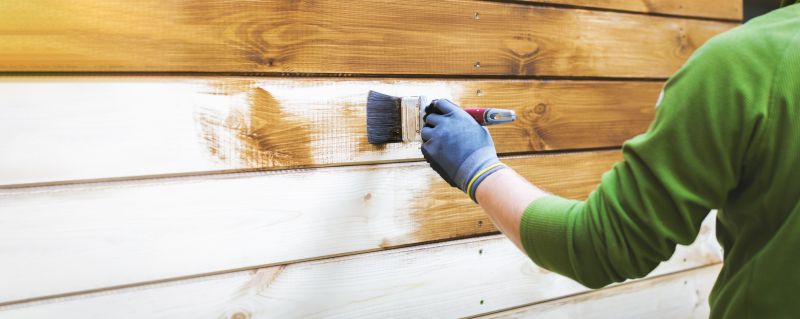
Choosing weather-resistant siding materials enhances durability across seasons.
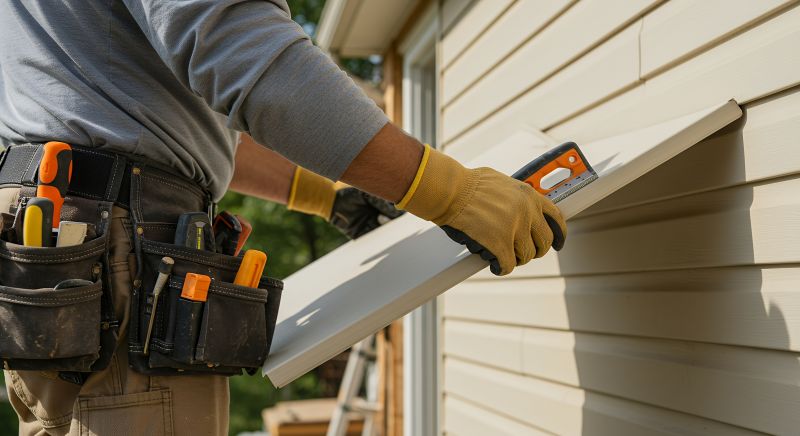
Expert installation during optimal weather ensures long-lasting results.
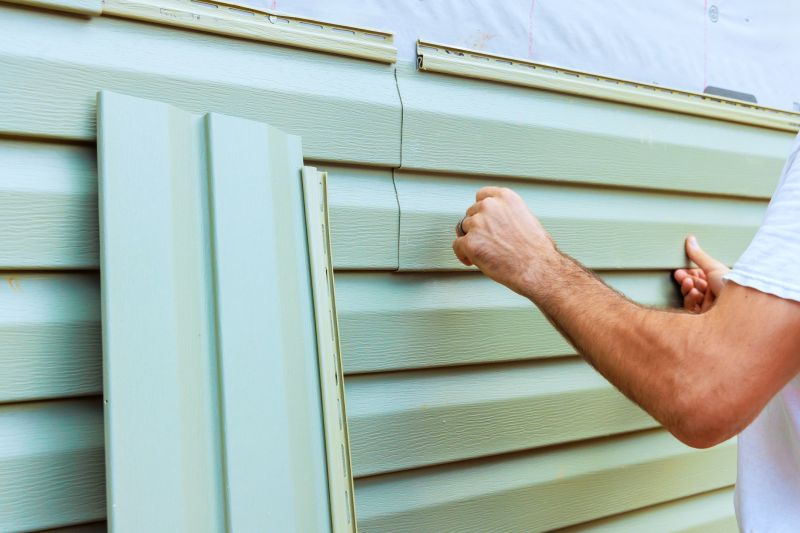
Completing siding work before winter helps prevent weather-related damage.
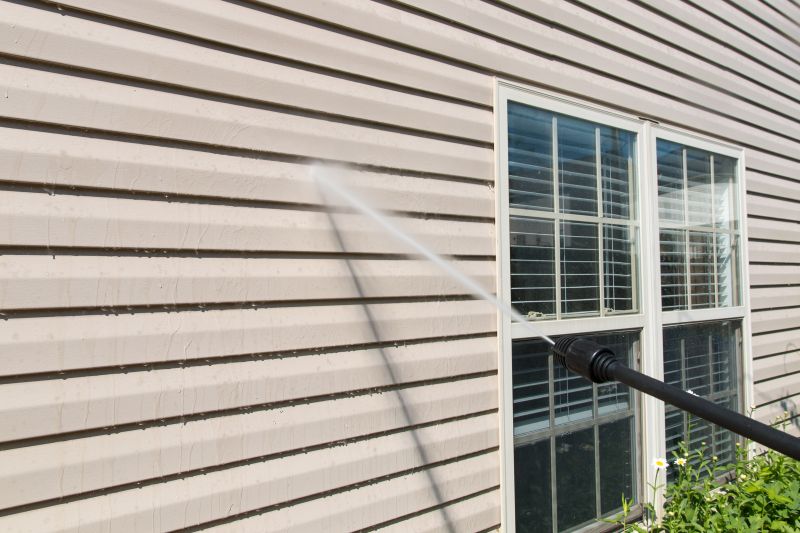
A 60-second routine that keeps Siding Service looking new.
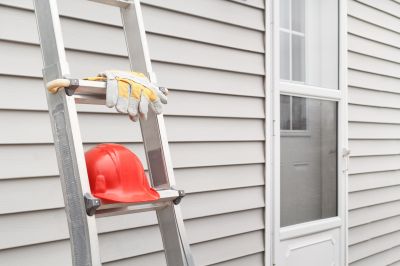
A frequent mistake in Siding Service and how to dodge it.
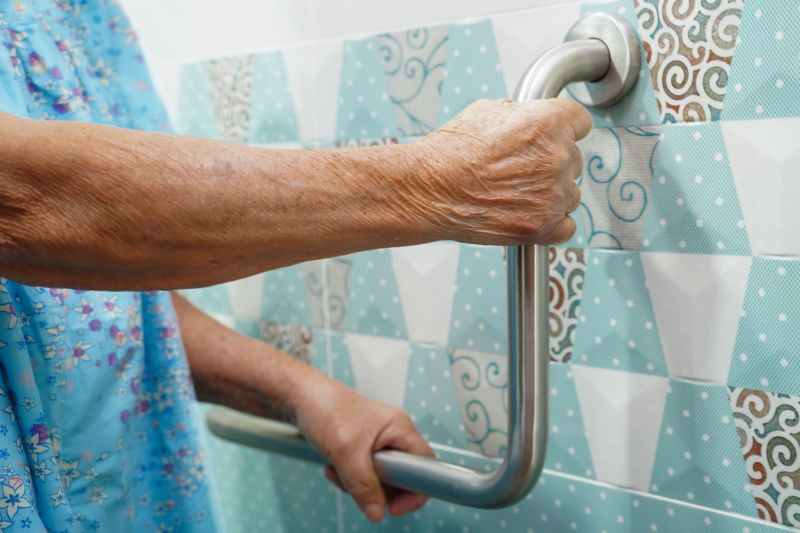
Small tweaks to make Siding Service safer and easier to use.
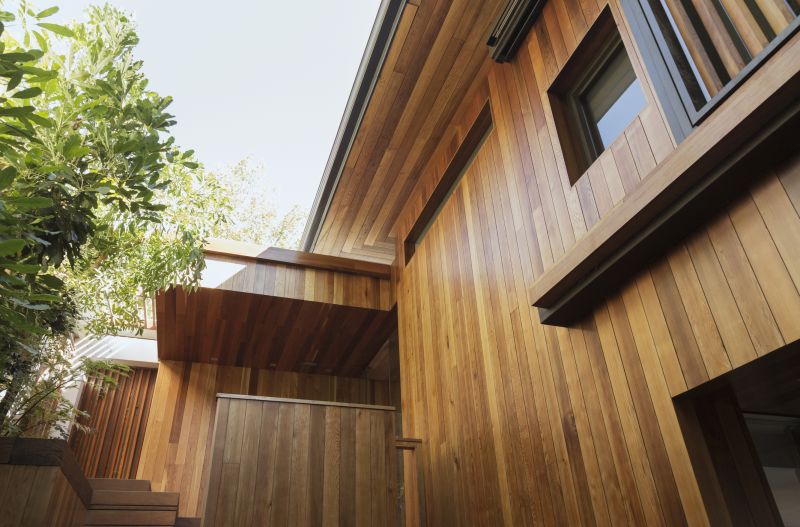
Lower-waste or water-saving choices for Siding Service.
Interested in scheduling siding service? Filling out the contact form can help determine the best timing based on local weather conditions and project scope. Proper scheduling ensures quality results and long-term satisfaction with the siding installed or repaired.


